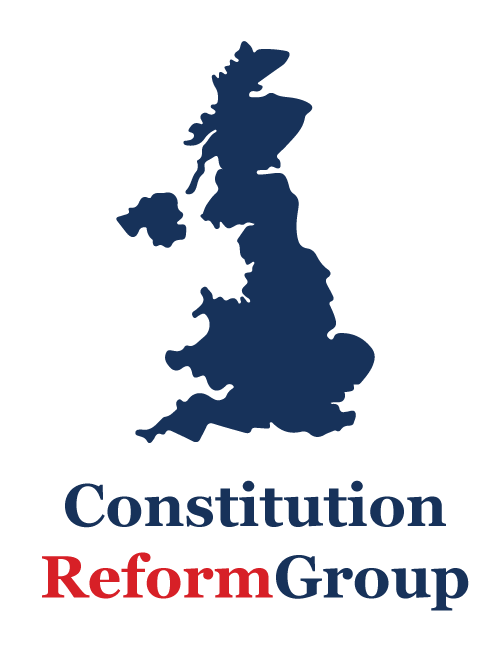As a consequence of Brexit, the UK faces the prospect not merely of an independent Scotland but also a united Ireland
23 January 2019
By New Statesman
The Brexiteers’ promise during the 2016 EU referendum was that the United Kingdom would “take back control”. The ensuing two and a half years have shown how unfit Britain is to do so. As well as demonstrating that the UK has no coherent strategy for leaving the EU, the Brexit debacle has exposed its economic, social, political and constitutional frailties and fractures.
For a country historically governed by parliamentary sovereignty, the Leave vote was a subversive event, the first time a national referendum had rejected, rather than affirmed, the status quo. The result was all the more disruptive since two of the UK’s four nations (England and Wales) voted for Brexit, while two (Scotland and Northern Ireland) voted against. As a consequence, as the former Greek finance minister Yanis Varoufakis writes, the project has revealed “the festering wounds that the British establishment has kept out of sight: the disenfranchisement of rural England, an archaic electoral system, the UK’s ailing economic model, and the Irish and Scottish questions”.
Brexit is undermining what was hitherto one of the world’s most stable multinational states as well as one of the greatest achievements of UK statecraft: the 1998 Good Friday Agreement. Confronted by a Britain divided over Europe, Theresa May could have proposed a “soft Brexit” – one under which the UK would leave the EU but preserve essential economic and national ties with the bloc. By committing the government to a “hard Brexit” in 2016, however, and signing a pact with the reactionary Democratic Unionist Party, the Prime Minister pursued a wilfully divisive course – and she has since exposed her profound limitations as a national leader.
As a consequence of Brexit, the UK faces the prospect not merely of an independent Scotland but also a united Ireland. As Colin Kidd and Ian McBride write this week, there are “already signs that Brexit has toughened the Catholic attitude to Britain”, while younger Protestants in Northern Ireland are “turned off by the narrowness of the DUP”.
The Brexit process is forcing a long overdue constitutional reckoning. The Act of Union Bill recently proposed by the Constitution Reform Group, chaired by Lord Salisbury, offers a starting point for debate. Under the proposed law, England, Scotland, Wales and Northern Ireland would be granted full internal control and pool sovereignty where necessary. Through a referendum, English voters would be offered the chance to support the creation of a new English parliament and either the reform or the abolition of the antiquated House of Lords.
For too long, British politics has been debased by an unelected upper chamber and a discredited honours system, with titles and peerages doled out to cronies, party donors and failed MPs. If it is to preserve the Union, far-reaching democratic reform throughout these islands is essential: the government must simultaneously address voters’ economic and social discontent and rebalance an over-centralised and financialised economy. But the reality is that it is too weak to perform the urgent task of national renewal.
You can access the full article here.



